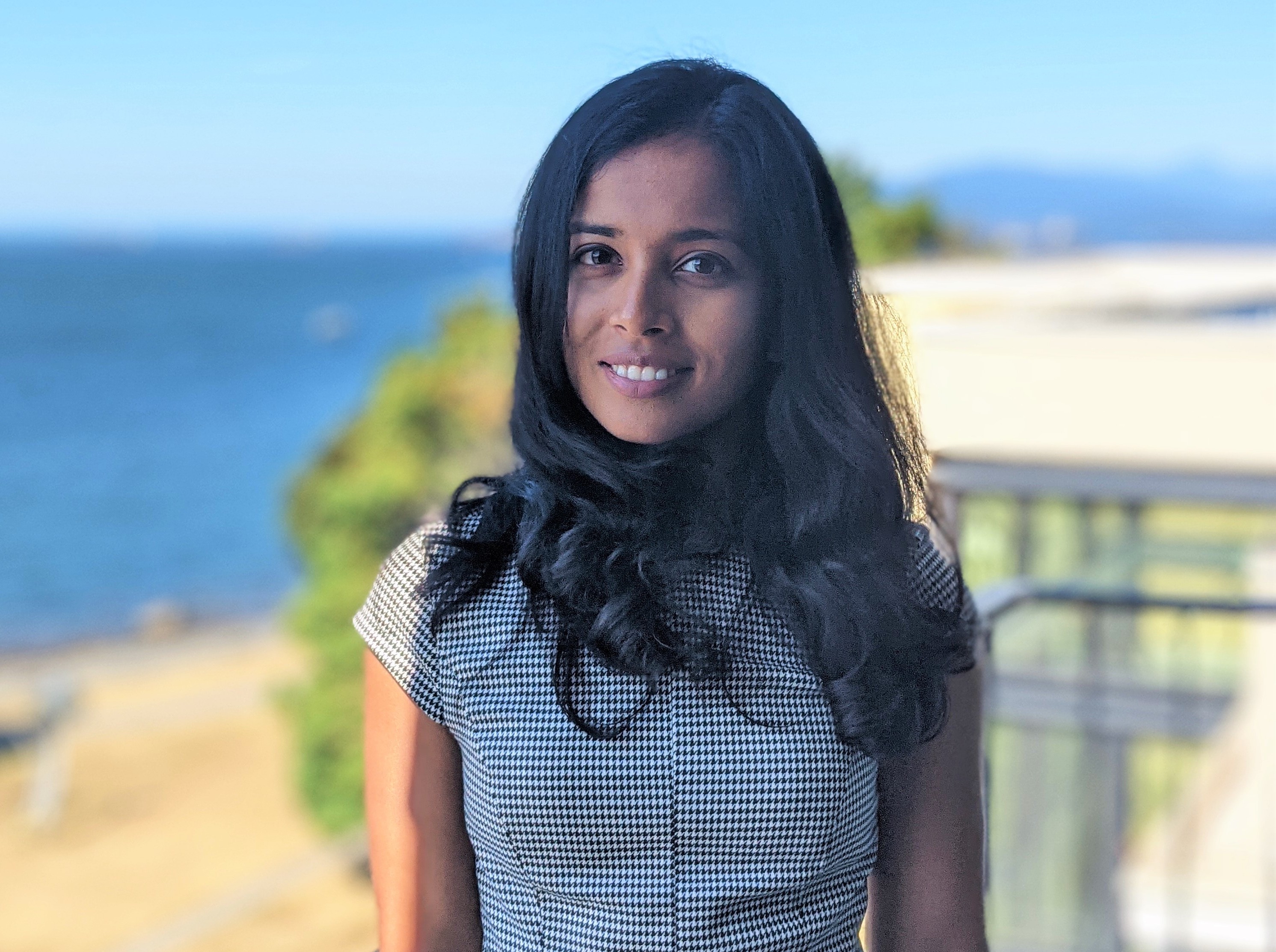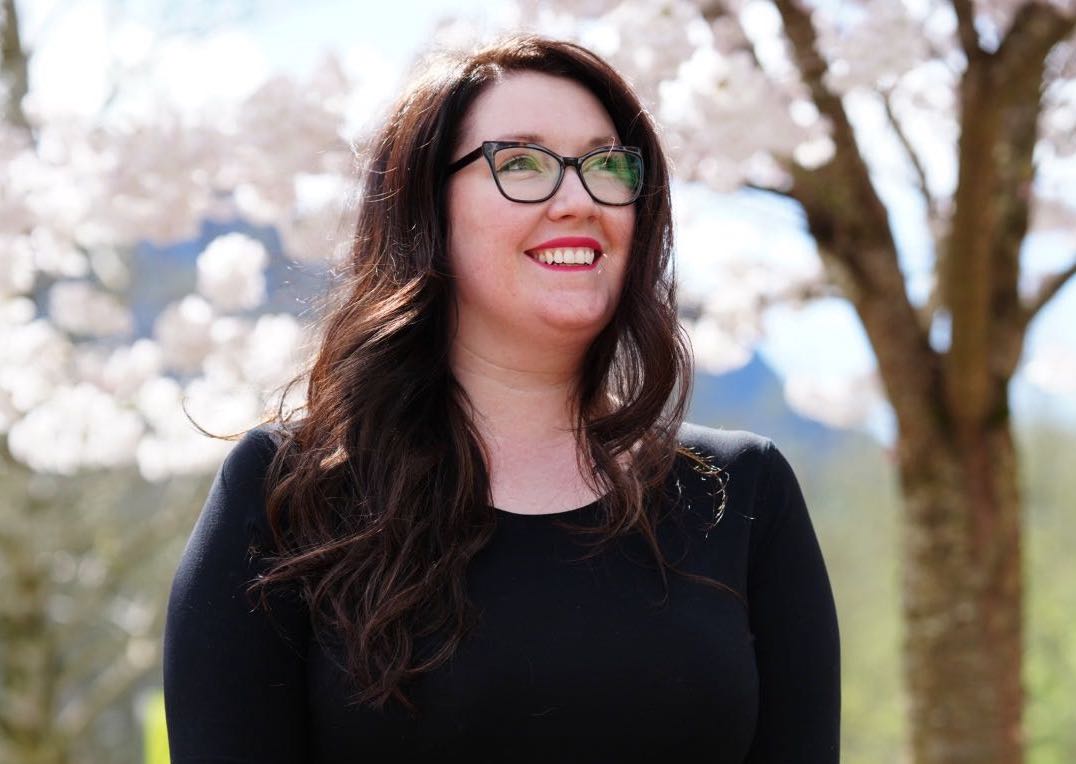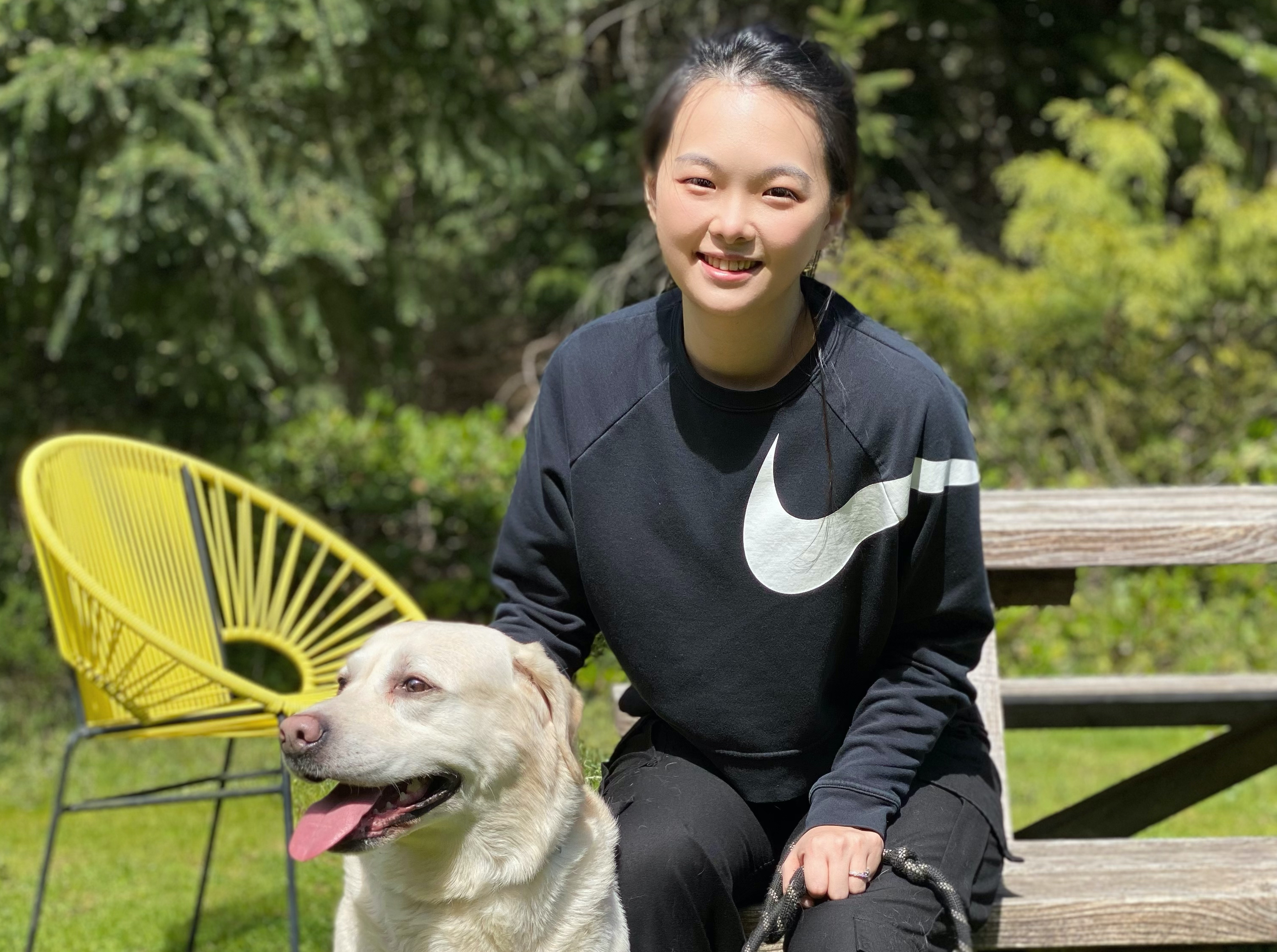CANADIAN IMMIGRATION UPDATES: Applicants to Master’s and Doctoral degrees are not affected by the recently announced cap on study permits. Read more

What motivates UBC Sauder’s leading graduate researchers? A shared desire for societal impact

The Peter P. Dhillon Centre for Business Ethics supports innovative, early-stage graduate research through its annual ‘Research into Business for Social Good Grant.’ The funding is meant to encourage compelling research that examines far-ranging topics such as social entrepreneurship, ethical decision-making, sustainability efforts and more.
Four leading researchers shed light on their work, the motivations behind choosing their topics, and those who were grant recipients explain how the funding assisted with their research and current positions.
Rishad Habib, 2019 recipient
Research topic: “Deciding between Charitable Organizations: The Role of the Relative Distance from Funding Goals”

Dr. Rishad Habib is an alum of the PhD program at the UBC Sauder School of Business and is now an Assistant Professor of Marketing at Toronto Metropolitan University (formerly Ryerson University). Habib’s interest in studying pro-social behaviour led her to focus her research on charities and how people decide where to donate money. She evaluated how donations are influenced by an organization’s progress towards its goal and examined how to encourage charitable giving.
“I was looking at how we can increase donations to charities that are further away from their goal or in the initial stages and just starting out, where there’s no indication that they have a lot of support from everybody else,” says Habib.
For Habib, motivation stems from observing the barriers to giving. “There is always this tension between your self-interest of wanting to be a good, helpful person and factors that stand in the way of that – whether it’s time or money,” she says. “I like looking at ways in which we can make that easier, or make it more salient, or change behaviour in a way that doesn’t take away that choice from people.”
After presenting her research to an overwhelmingly positive response, Habib completed her PhD at UBC and was recruited by Toronto Metropolitan University where she currently teaches marketing management.
Larissa Maxwell, 2019 finalist
Research topic: “Ethical Storytelling in Corporate Social Responsibility”

UBC PMBA alum Larissa Maxwell has always been fascinated by the issue of ethical storytelling in corporate settings. Over the course of her career in the non-profit and business sectors, she identified an alarming trend in the types of storytelling she witnessed.
“There was a lack of inclusion at decision-making tables, coerced advocacy, using sensationalist narratives that exploit trauma, a lack of safety when engaging in sharing one’s story, labour violations and unfair treatment, and much more,” says Maxwell.
She initially set out to build a more inclusive industry narrative by teaching ethical storytelling as an instructor, but found that the gaps in existing research hindered any meaningful change. She was inspired to fill the gap herself.
“This project for me is an act of service,” says Maxwell. “Our research explores how organizations engaging in social responsibility projects can tell the story of their work in a way that doesn’t re-exploit others. To do this, we are investigating how exploitation in storytelling happens, how to mitigate it, and ultimately, create a model that offers an effective alternative.”
While the project is ongoing, Maxwell is already seeing its impact. The research has led to the development of models meant to inspire industry change, which are currently being tested across North American cities. Maxwell is also now the CEO of Maxwell Consulting Group, where one of their main services is ethical storytelling development.
Oludolapo Makinde, 2020 recipient
Research topic: “Combating Corruption for Stakeholders and Social Good: From Canadian Multinationals to Global South State-Owned Enterprises”
Allard Law PhD student Oludolapo Makinde is concerned about the pervasiveness of corruption in the world – particularly corporate corruption.
Makinde is exploring a multi-pronged approach involving corporate governance, corporate social responsibility, and artificial intelligence as tools of resistance against corruption involving Canadian multinationals operating in the Global South.
In specifically focusing on companies, she draws inspiration from a quote by James D. Wolfensohn, former president of the World Bank, which she paraphrases as: “The proper governance of companies is equally as important to the world as the proper governance of countries.”
Makinde also notes that the Global South is vulnerable because of the power imbalance between the North and the South, where the South is often excluded from international decision and rule-making processes. “My research looks into how this power imbalance plays out in multinational business activities, and how Canada exports corruption to the Global South,” says Makinde.
With one year left in her PhD program, Makinde’s research is ongoing. “Corruption is such a complex problem that is difficult to eradicate, but I’m hopeful that my research will contribute to the collective efforts seeking to address the problem,” she says.
Jiawei Li, 2021 recipient
Research topic: “The More the Better? Diversity Training Effectiveness After Wide-Reaching EDI Events”

Jiawei Li is a UBC Sauder PhD student finishing her second year of studying organizational behaviour, focusing on diversity issues in the workplace and the practices used to solve them.
Li noticed that the attitudes of companies and employees around the topic of diversity training shifted in the aftermath of equity, diversity, and inclusivity (EDI) events such as the Black Lives Matter protests last summer.
Li examined posts on Reddit to get an understanding of the factors influencing people’s thoughts and feelings, which she now categorises into three levels: individual, societal, and organizational.
Li aims to fill a research gap she identified in the field. “A huge factor that has been ignored by previous research is understanding that there are multilevel factors that influence people’s reaction towards diversity training, where factors can happen and influence people simultaneously,” she says. “In addition to the most commonly studied factors, the external environment which includes organizational climate and signals sent by social events also matter.”
Li is also personally interested in studying the overall absence of diversity and subtle but detrimental discrimination issues like microaggressions in workplaces. “As a minority myself, I really want to make my research influential and improve the situation of minorities. As we are researching for a business school, our work might be more cited and understood by those outside academia and this motivates me to study this topic and have an impact.”
Applications for the 2022-23 ‘Research into Business for Social Good Grant’ are being accepted until July 15, 2022. Grant proposals will be reviewed by a panel and decisions will be announced in September 2022.
Please visit https://www.sauder.ubc.ca/news/grant-competition-call-application or contact Dr. Kirstin Appelt, Research Director, Peter P. Dhillon Centre for Business Ethics, at kirstin.appelt@sauder.ubc.ca for more details.